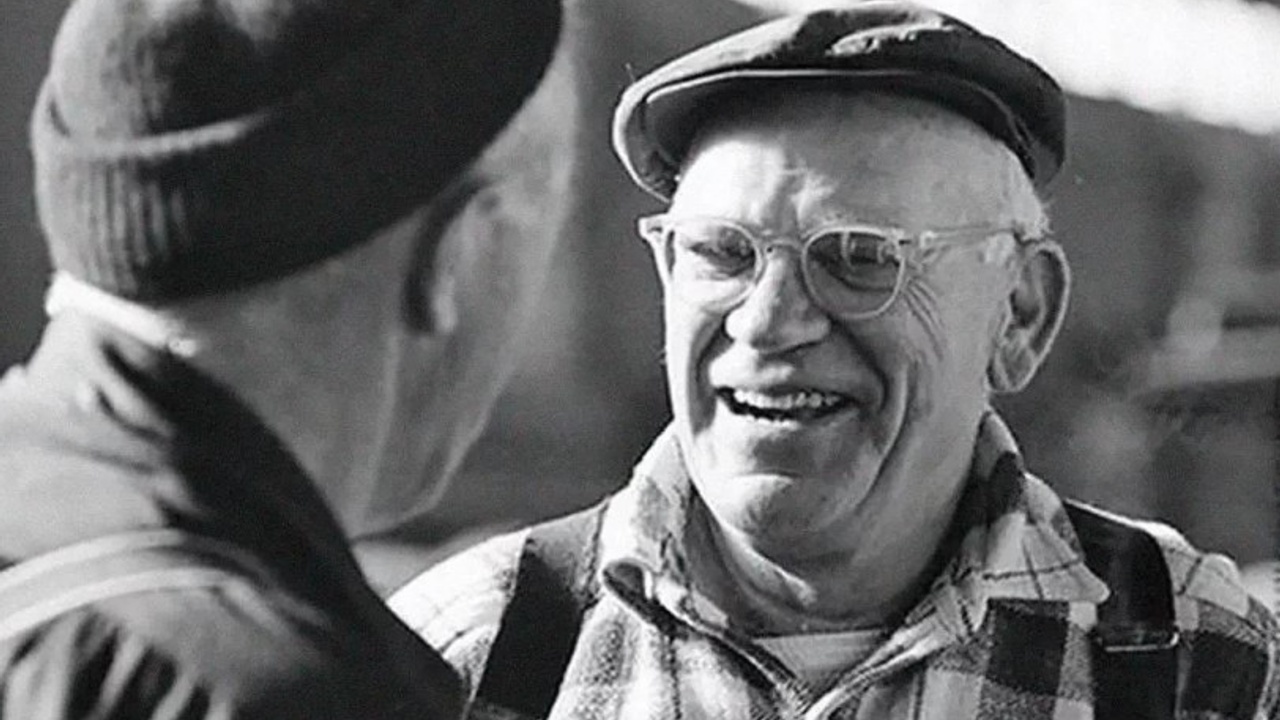Science: the surprising story of why it's hard
May 22, 2021
According to the dynamic philosopher of working people Eric Hoffer, “In a time of drastic change it is the learners who inherit the future.” But it turns out that learning is not easy. It may not even happen in the way we think it does.
Beginning thirty years ago, researcher Kevin Niall Dunbar analyzed the scientific process at four biochemistry labs at Stanford. His results are deeply unsettling.
Most of us have grown up thinking of science – and of the civilizations based on the technology made possible by it -- as an orderly process of gradual revelations about the world. Based on their observation and experience in a field, someone develops a theory. Then methodical testing leads an accumulation of experimental data to offer insights into improving the theory.
But in his research, apparently half or more of the results don’t make any sense, and are discarded, even if they indicate important new directions for the theory.
From fMRI scans, Dunbar offers insight into what drives this self-sabotaging approach. When results fit our expectations, it activates the parahippocampal gyrus, and is processed into memory, whereas if the results are weird, there is activation more in the anterior cingulate, and the unexpected results are simply discarded: “Data you don't like, you don't even process.”
So what to do? Dunbar offers some tips on how to get the most out of new learning:
- Story, especially analogies, offer powerful leverage for understanding new things. When developing new explanations, try using analogies drawn from related fields.
- Cultivate diverse teams. People with the same background/education/field are less likely to suggest novel interpretations, less likely to appreciate their importance, and less likely to discuss them fully.
- When it comes to understanding unexpected results, low risk is high risk. Be aware of the human tendency to discard results that don’t make sense. Incidentally, the only place where gender was found to be significant, was the commitment to developing new theory when necessary. The research showed that women are more likely to deeply investigate their understanding of unexpected data, rather than simply thinking they understand it.
These are exciting times for professionals doing clinical neurofeedback, with new neuroscientific understanding, and a community growing in self-awareness. I’m grateful to be part of the project.
Stay connected with news and updates!
Join our mailing list to receive the latest news and updates from our team.
Don't worry, your information will not be shared.
We hate SPAM. We will never sell your information, for any reason.
